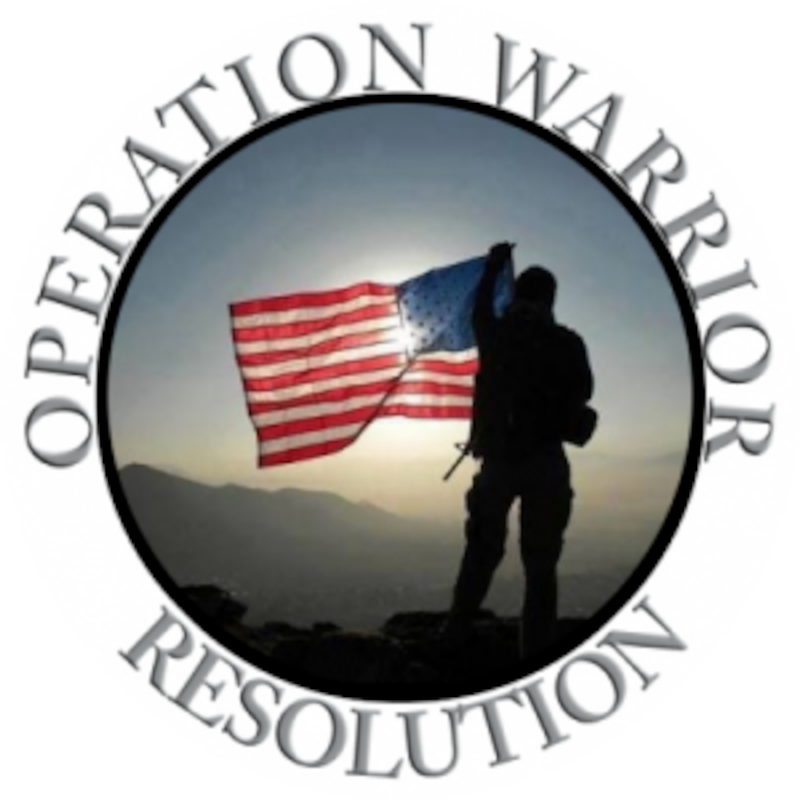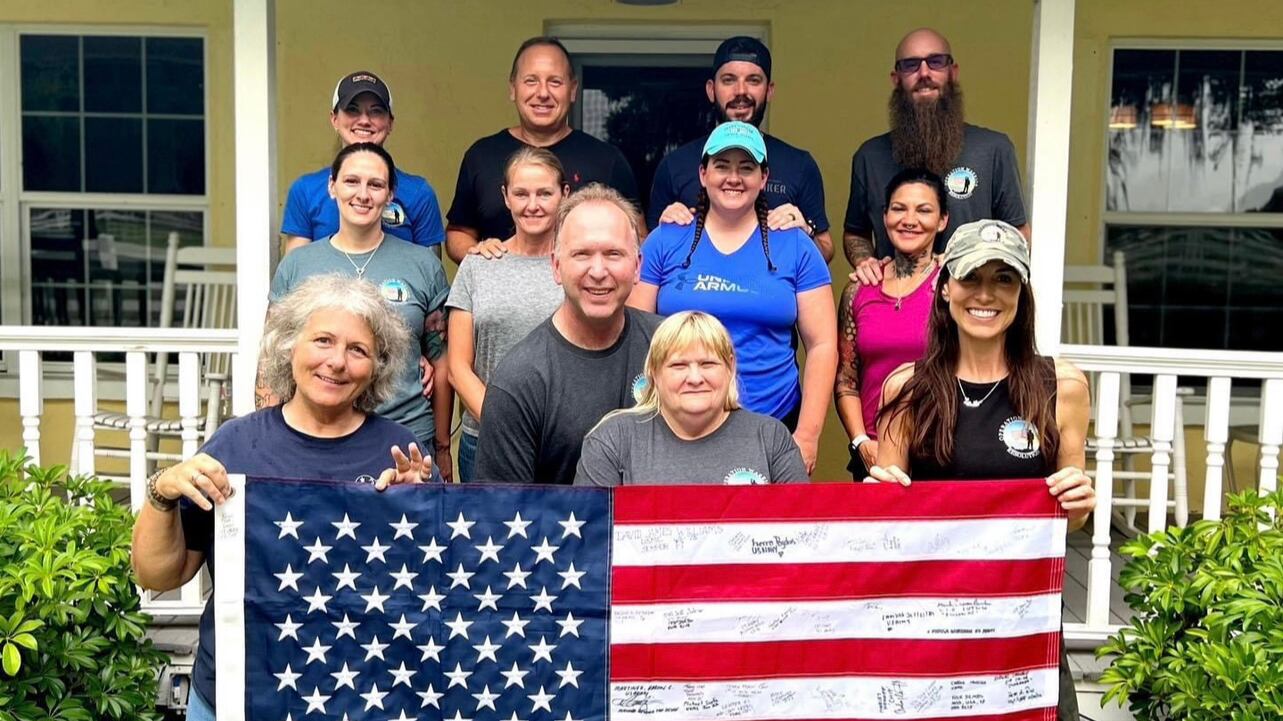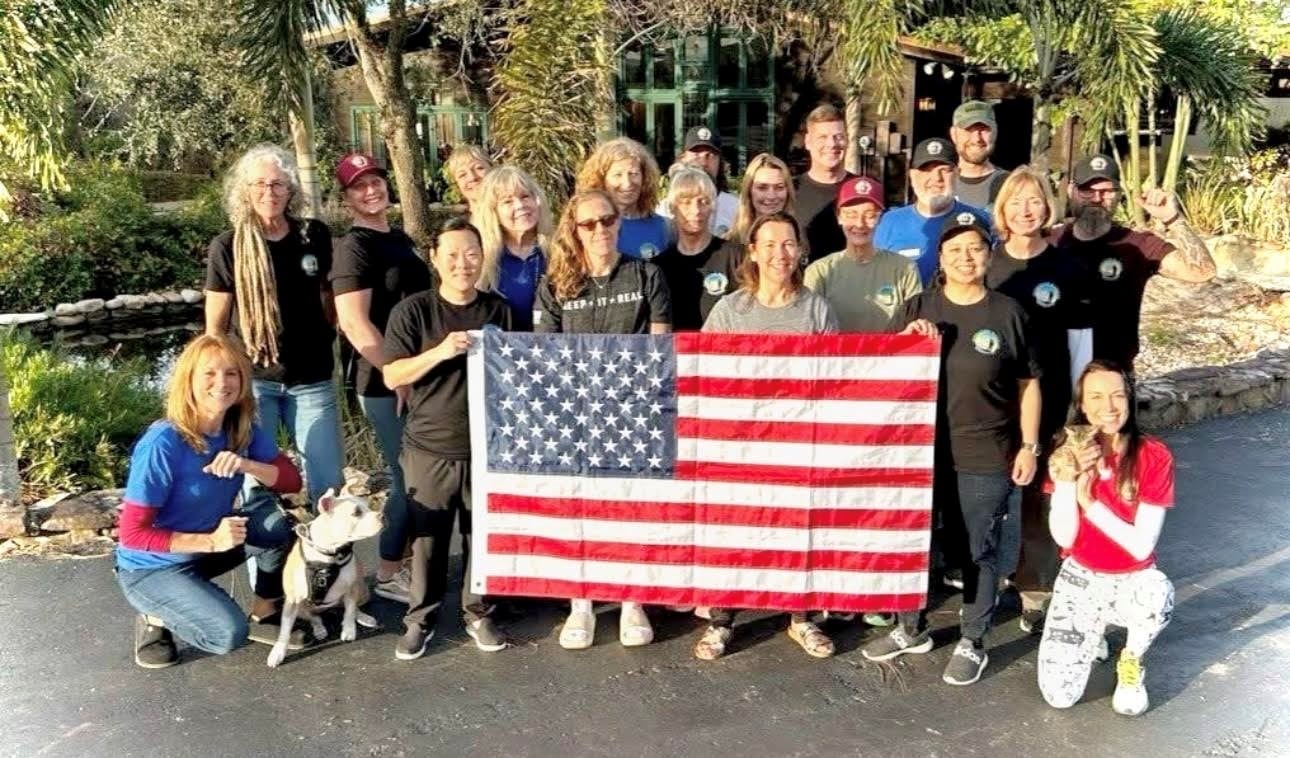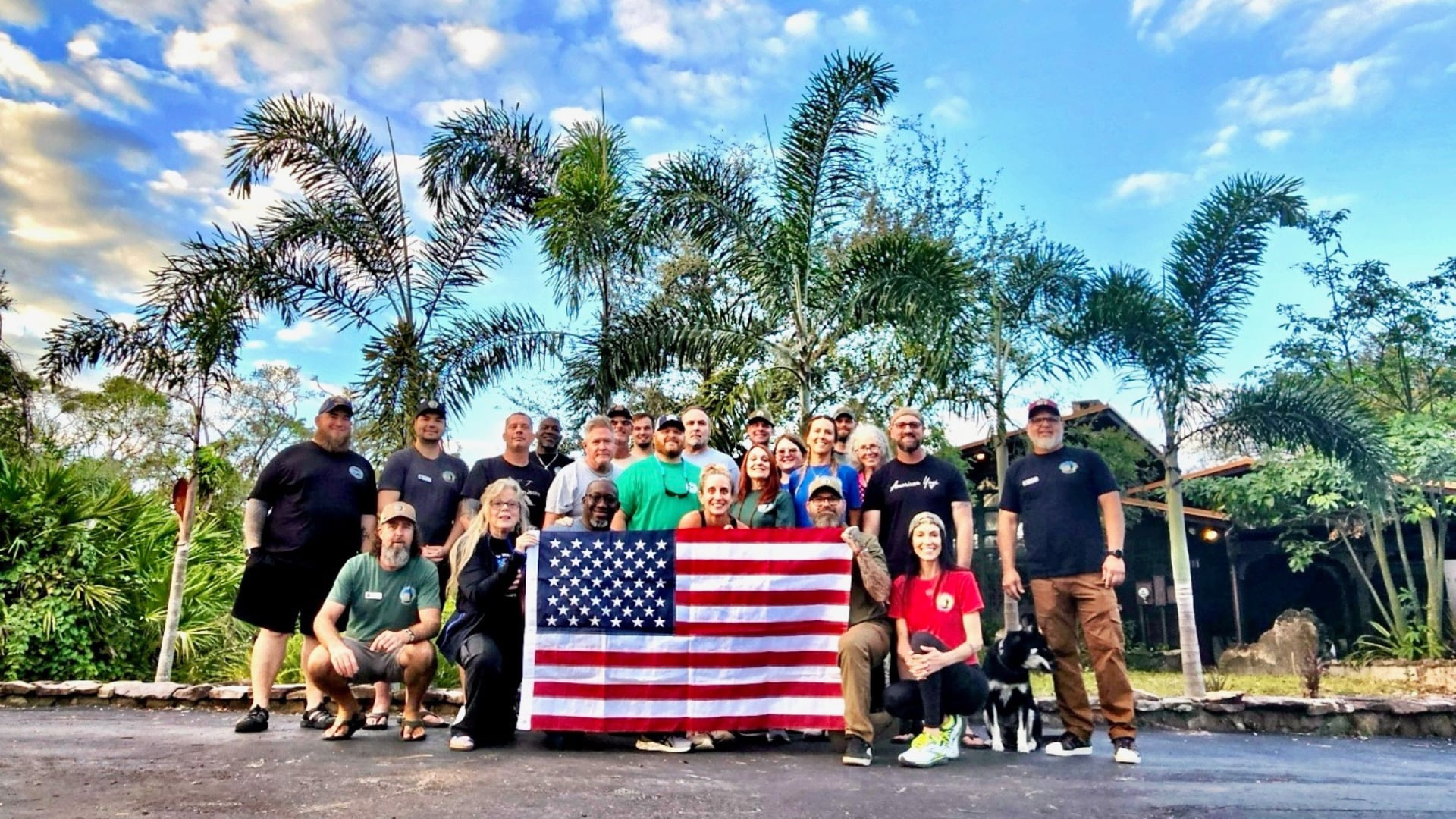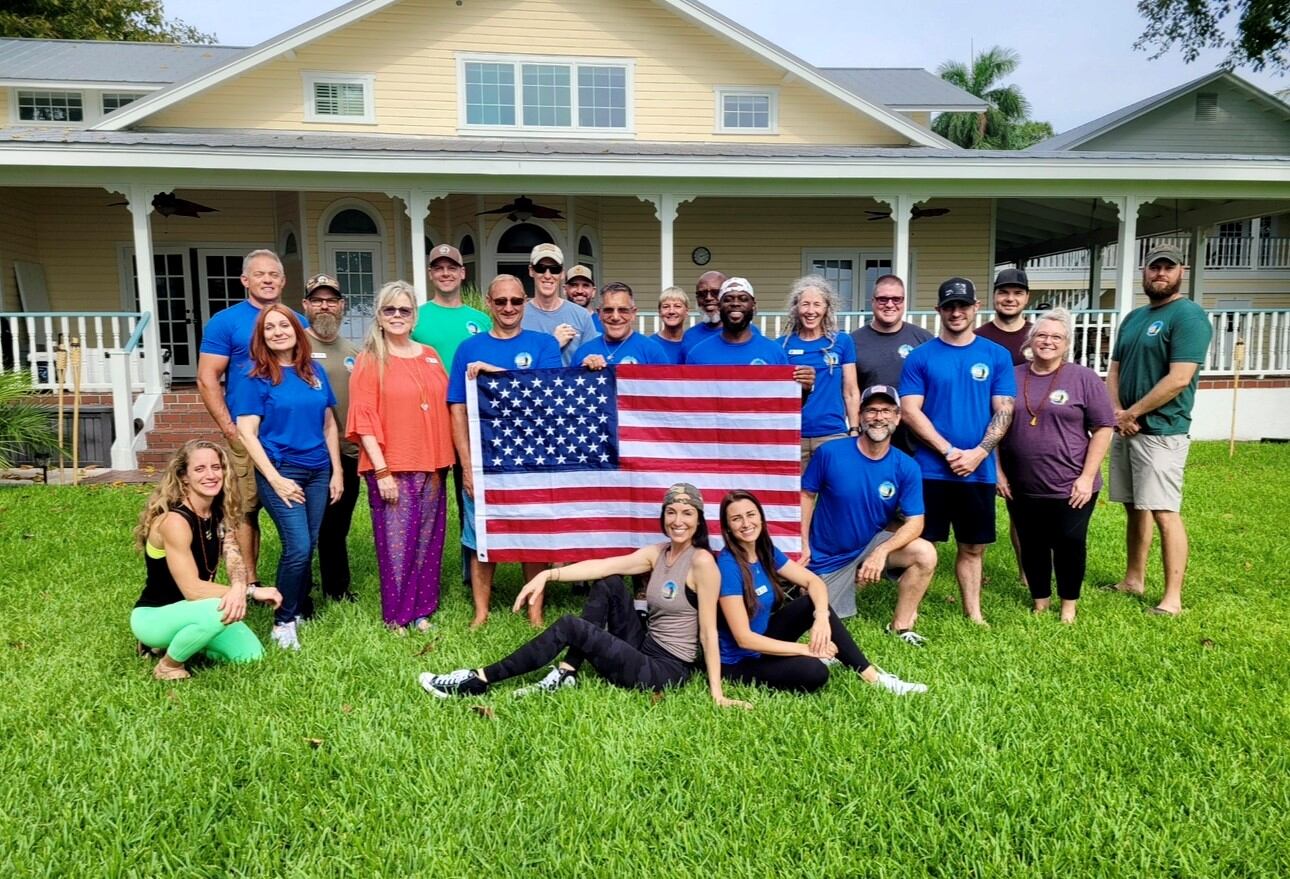Every year, Military Appreciation Month serves as an opportunity to recognize and honor the brave men and women who have served our country. This month is also a reminder of the sacrifices, made not just by service members, but also the sacrifices made by the family members, in service to our nation.
We give our veterans a lot of credit and recognition, but that’s only a portion of what they need. That’s why organizations like, Operation Warrior Resolution, are doing their part to ensure veterans, as well as their spouse and children, get all the help they require after military service.
While on deployment, servicemen and women are usually surrounded by supportive and understanding groups of like-minded individuals. Although, once they return home, there is often familial strain due to time in service, and that support and connection can be hard to find. That’s why Operation Warrior Resolution focuses on providing resources, innovative therapies, and programs for the whole family to successfully transition into civilian life.
At Operation Warrior Resolution, we believe that supporting veterans and their families means more than just offering recognition – it also requires providing resources and services to ensure they have the tools to succeed in whatever path they choose. We’re proud to do our part.
When it comes to the discourse surrounding veterans, we mustn’t get tunnel vision when discussing the subject. We must remember that Military Appreciation Month is not just a time to recognize our veterans and thank them for their service—it’s also an opportunity to acknowledge the families of those who have served.
Because of this, we also provide programs designed to strengthen families through increased communication and deepened connections between spouses and veterans who may have gone months or years without seeing each other during deployment or active-duty service. These families are also on the frontline of their veteran family member who struggles, so it’s crucial that the spouse and children also have access to resources and services for support.
Take one couple we were able to help, for example. After Eric Tomlinson left the military after two deployments, his wife noticed something was off. He had begun struggling with depression and anxiety, which spiraled out of control over the course of a few years. He had visited the VA and was enrolled in various counseling programs and traditional talk therapy, but he hadn’t made much progress. It was at the point where it took a toll on his marriage.
By chance, his wife Laura had happened to learn of Operation Warrior Resolution, and she suggested that he reach out. At this point, they had tried so many options they figured it wouldn’t hurt to try one more.
Thankfully, it worked. “I noticed a huge change in Eric after the retreat and ever since. OWR saved him and saved our marriage,” Laura explained. Through the innovative, Tactical Healing program, Eric was able to attend a week-long retreat designed to help him through his struggles and start to address the underlying issues that were causing him to spiral out of control.
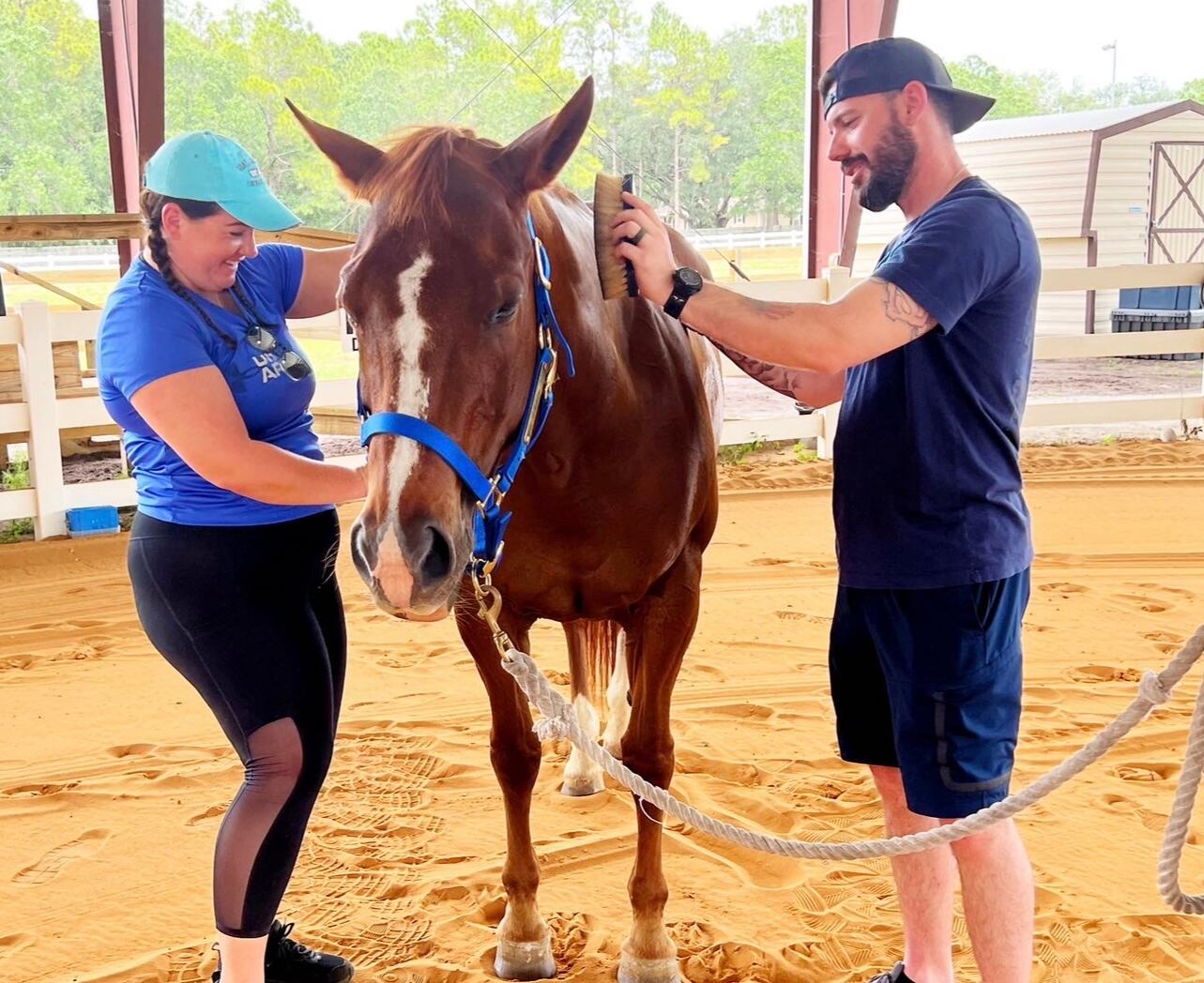
Eric shared with us, “It was as if a hand was in front of my face--I can see the details in my hand--that’s the trauma that was in front of me daily. But after the brain-based healing and other therapies, I can move my hand into my peripherals. I know it’s there, but I’m not obsessing over it, and I can get on with my life.”
But for Eric and Laura, the story didn’t end there. The couple had learned of other services offered by Operation Warrior Resolution designed to focus on the family unit. Laura was able to receive her own therapy sessions, and with help and guidance at a Couple’s Retreat, they were able to relearn how to communicate with each other while working through the issues he had been dealing with during his service.
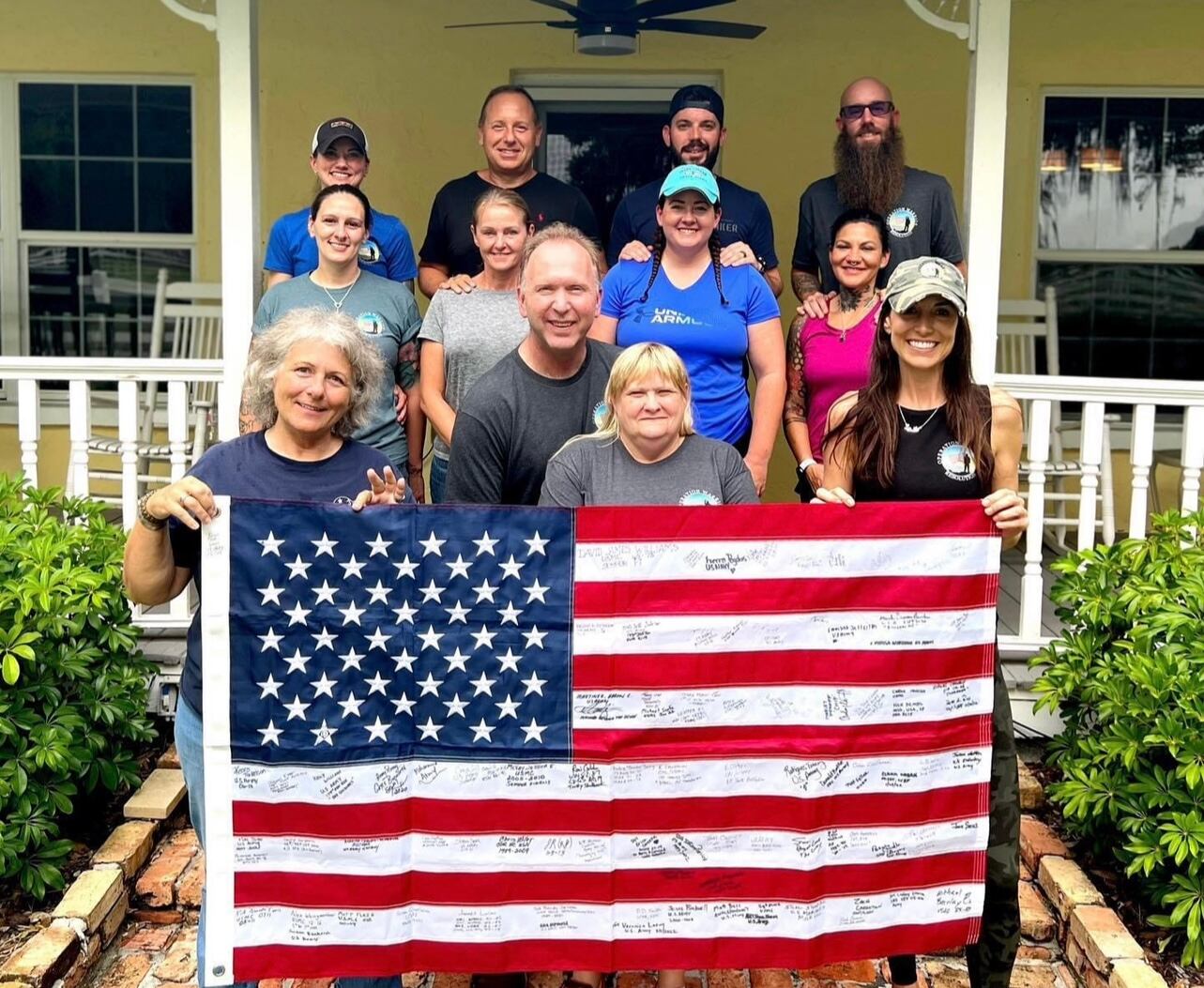
The spouses don’t have a lot of services or therapeutic support available to them, and “I love how OWR also takes care of the spouses,” Laura expressed.
“I have to admit, I never looked at it from my spouse’s point of view. I was selfish in only looking at it that it was my trauma, and only I could deal with it. I didn’t realize I was creating pain and trauma for her. The retreat opened my eyes to the fact that I wasn’t only self-inflicting but spreading it,” he shared.
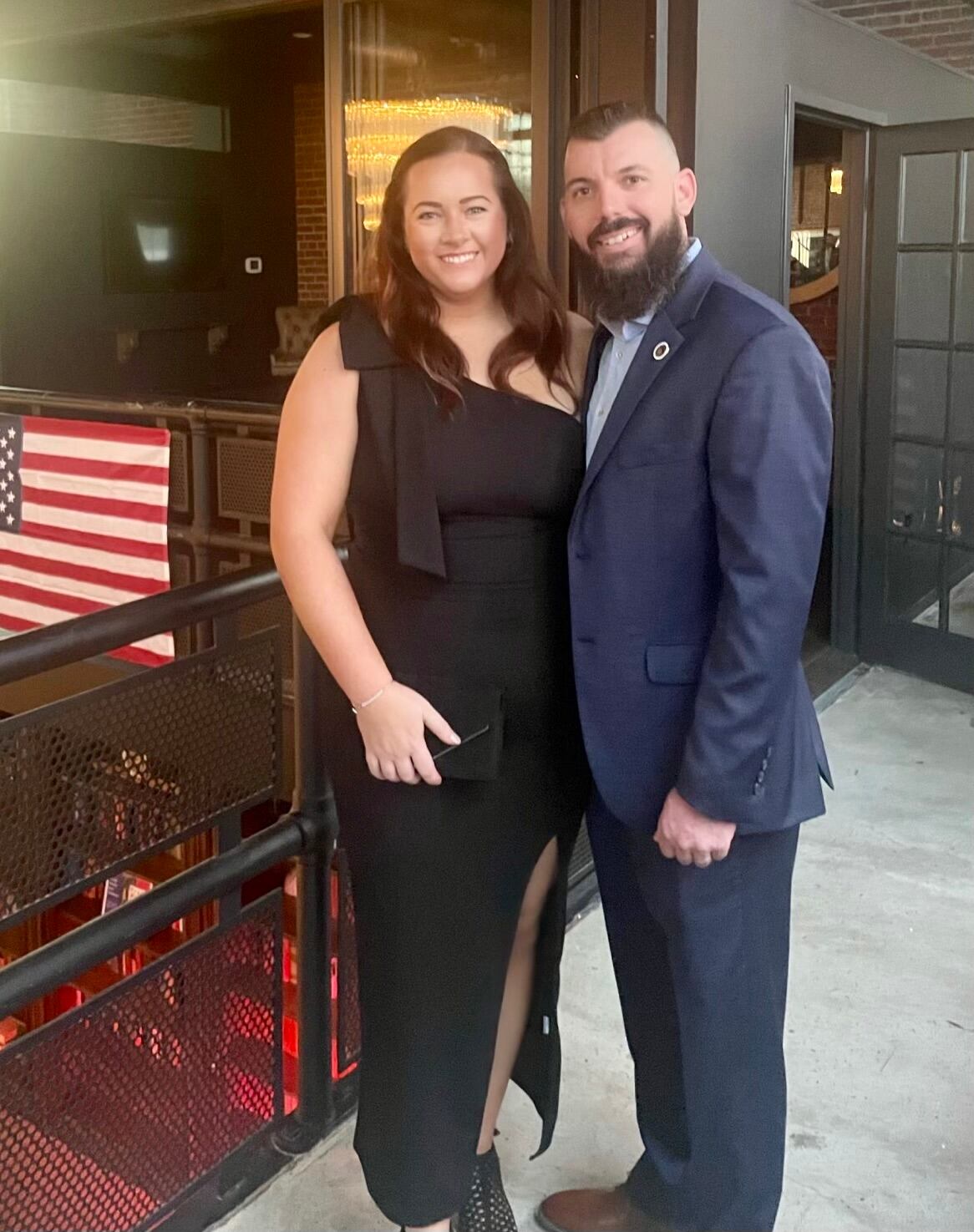
Stories like this remind us why supporting our veterans and their families is important – not only during Military Appreciation Month but all year long. At Operation Warrior Resolution, we are proud of the work we do in bringing attention and rebuilding the lives of those who protect us every day: our nation’s military service members and their families.
Kendra Simpkins is the Founder and Chief Executive Officer of Operation Warrior Resolution
